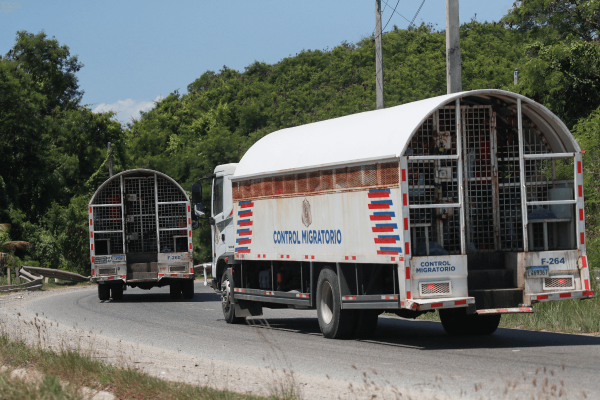Jul 1, 2024
Despite the familiarity of home, Haitian citizens are attempting to leave their country to flee to the United States and neighboring countries in hopes of a better life. Some Haitians are doing this illegally. But what does it mean to enter a country illegally? What are we to make of borders and those who seek to cross them?
Read the Full Article

Already a subscriber? Login
